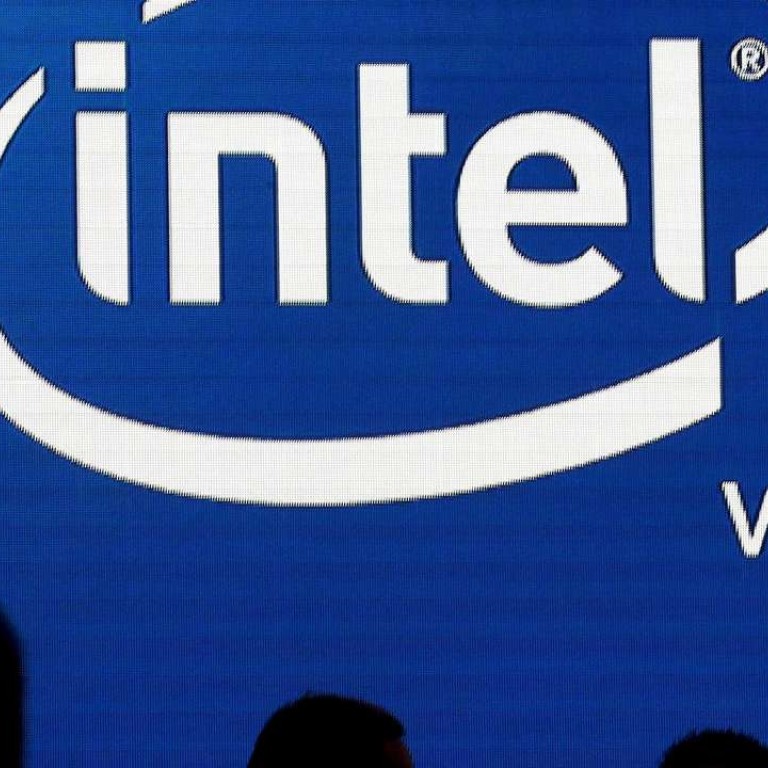
Intel to lend helping hand to Chinese robotics start-ups
US company to invest HK$11.6 million to incubate firms working on industrail, consumer robots
Semiconductor giant Intel plans to invest 10 million yuan (HK$11.6 million) every year to incubate Chinese startups working on industrial and consumer robots, a top company official said.
Intel’s investment plan is based on China’s industrial restructuring and upgrading mission, which hinges largely on robotics and intelligent manufacturing development, Dexon Li, general manager of Ecosystem Development Office of Intel (China) said on Thursday at the 9th APEC Small and Medium Enterprises Technology Conference and Fair in Shenzhen.
More than 1,300 tech startups from 21 Asia-Pacific countries and regions are attending the Shenzhen event.
Intel’s China unit has already teamed up with Shenzhen-based technology start-up Ingdan.com, backed by Hong Kong-listed Cogobuy to develop a robotics ecosystem platform. The US company plans to incubate Chinese startups that have the ability and potential to develop core robotics components, according to Li.
“We will focus on supporting those startups with core technologies, which would help upgrade the country’s robotics industry,” Li said. “We will invite more global investors to invest in these emerging robotics startups in China at a later stage.”
We will focus on supporting those startups with core technologies, which would help upgrade the country’s robotics industry
Apart from the investment, the startups will also have access to technical support from Intel Labs, said Zhang Yimin, director of Intel Labs (China). “This will help the startups to focus on application innovation and launch new products.”
Chinese start-ups would have better, more transparent access to the electronic chip sourcing-market and global institutional resources through the new platform, said Ingdan chairman Jeffrey Kang. It would also help Intel to tap into China’s well-established hardware manufacturing resources, added Kang.
“Intel has the best technologies and labs in the world and access to global markets. We want to make this available to Chinese startups and young talents.” Kang said.
Ingdan aims to accommodate more than 1,000 robotics start-ups and 300 upstream suppliers this year. Intel would introduce cutting-edge technologies to the start-ups and sharpen their ideas in chips, key modules and designs as more than 8,000 hardware manufacturing suppliers on Ingdan’s online platform could help build their products, the company said.
Though China has been the world’s largest market for industrial robots since 2013, domestic robot makers still lag industry leaders from overseas and are reliant on imports for key components, he said.
Total sales of industrial robots in China reached 66,000 units last year, up 16 per cent from 2014, according to the International Federation of Robotics.
In April last year, Intel announced a “Mass Makerspace Accelerator” programme that seeks to fund Chinese startups and developers, with total investment of 120 million yuan to set up tech accelerators in eight cities across China.

